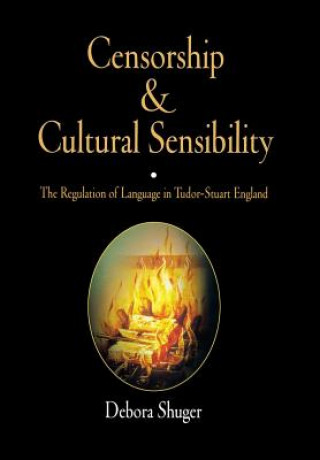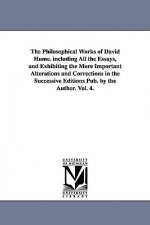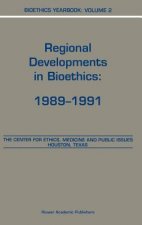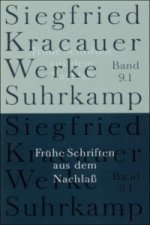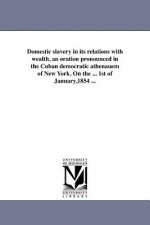
Livrare
Consilier de cumpărături





Nu se pretează? Nu contează! La noi puteți returna bunurile în 30 de zile
 Voucher cadou
orice valoare
Voucher cadou
orice valoare
Cu un voucher cadou nu veți da greș. În schimbul voucherului, destinatarul își poate alege orice din oferta noastră.
Censorship and Cultural Sensibility
 engleză
engleză
 207 b
207 b
30 de zile pentru retur bunuri
Ar putea de asemenea, să te intereseze


Censorship and Cultural Sensibility The Regulation of Language in Tudor-Stuart England Debora Shuger "May be the year's most erudite book...A major scholarly achievement, since it bears on the work so many now do."--Studies in English Literature "Scrupulously researched, carefully written, argued, and developed, this is one of those books for which it is hard to imagine a mortal author."--Patrick Cheney, Studies in English Literature "This is a major work. Shuger deals with the rules of appropriate language use in early modern Europe, making an argument about censorship in sixteenth- and early seventeenth-century England that is original, surprising, and, in her thorough presentation, entirely plausible."--Katharine Eisaman Maus, University of Virginia "This magisterial work should be considered a basic text of analysts for Tudor-Stuart linguists, historians, and legal scholars."--History: Review of New Books "An extremely impressive book, brimming with ideas and erudition, and putting forward an innovative and challenging interpretation which should be of great interest to lawyers as well as literary and social historians." --Journal of Law and Society In this study of the reciprocities binding religion, politics, law, and literature, Debora Shuger offers a profoundly new history of early modern English censorship, one that bears centrally on issues still current: the rhetoric of ideological extremism, the use of defamation to ruin political opponents, the grounding of law in theological ethics, and the terrible fragility of public spheres. Starting from the question of why no one prior to the mid-1640s argued for free speech or a free press per se, Censorship and Cultural Sensibility surveys the texts against which Tudor-Stuart censorship aimed its biggest guns, which turned out not to be principled dissent but libels, conspiracy fantasies, and hate speech. The book explores the laws that attempted to suppress such material, the cultural values that underwrote this regulation, and, finally, the very different framework of assumptions whose gradual adoption rendered censorship illegitimate. Virtually all substantive law on language concerned defamation, regulating what one could say about other people. Hence Tudor-Stuart laws extended protection only to the person hurt by another's words, never to their speaker. In treating transgressive language as akin to battery, English law differed fundamentally from papal censorship, which construed its target as heresy. There were thus two models of censorship operative in the early modern period, both premised on religious norms, but one concerned primarily with false accusation and libel, the other with false belief and immorality. Shuger investigates the first of these models--the dominant English one--tracing its complex origins in the Roman law of iniuria through medieval theological ethics and Continental jurisprudence to its continuities and discontinuities with current U.S. law. In so doing, she enables her reader to grasp how in certain contexts censorship could be understood as safeguarding both charitable community and personal dignitary rights. Debora Shuger is Professor of English at the University of California, Los Angeles. She is the author of Political Theologies in Shakespeare's England and other books. 2006 | 360 pages | 6 x 9 ISBN 978-0-8122-3917-1 | Cloth | $59.95s | GBP39.00 ISBN 978-0-8122-0334-9 | Ebook | $59.9 5s | GBP39.00 World Rights | History Short copy: "This is a major work. Shuger deals with the rules of appropriate language use in early modern Europe, making an argument about censorship in sixteenth- and early seventeenth-century England that is original, surprising, and, in her thorough presentation, entirely plausible."--Katharine Eisaman Maus, University of Virginia
Informații despre carte
 engleză
engleză




 Cum să cumpăr
Cum să cumpăr















